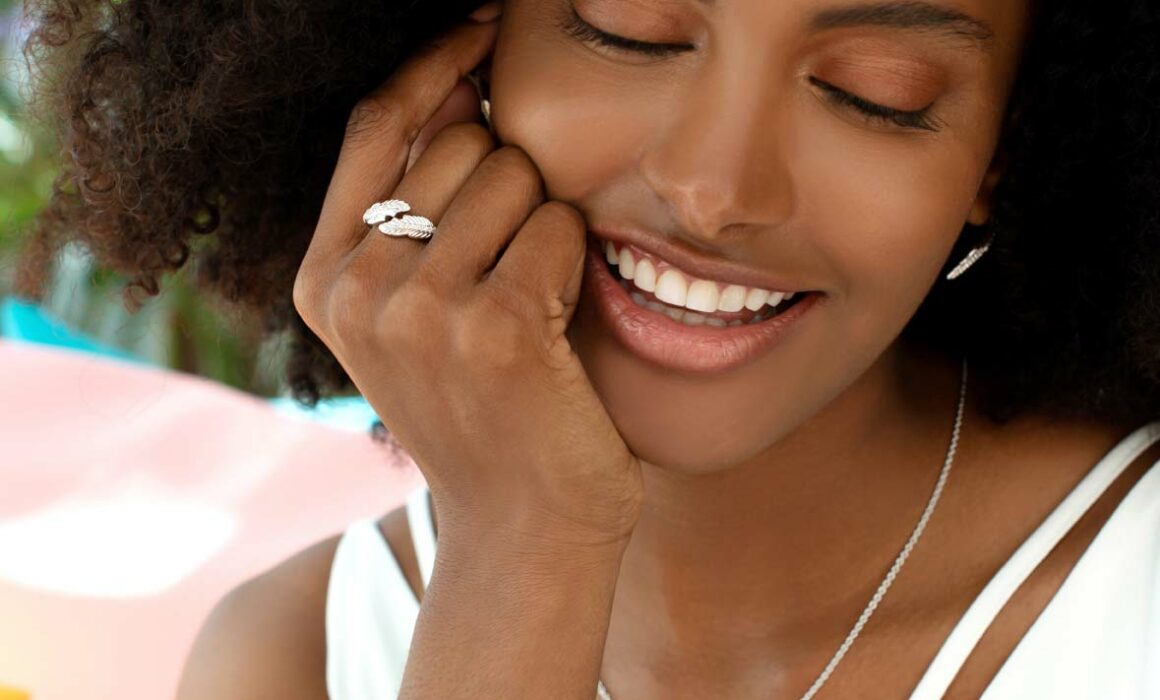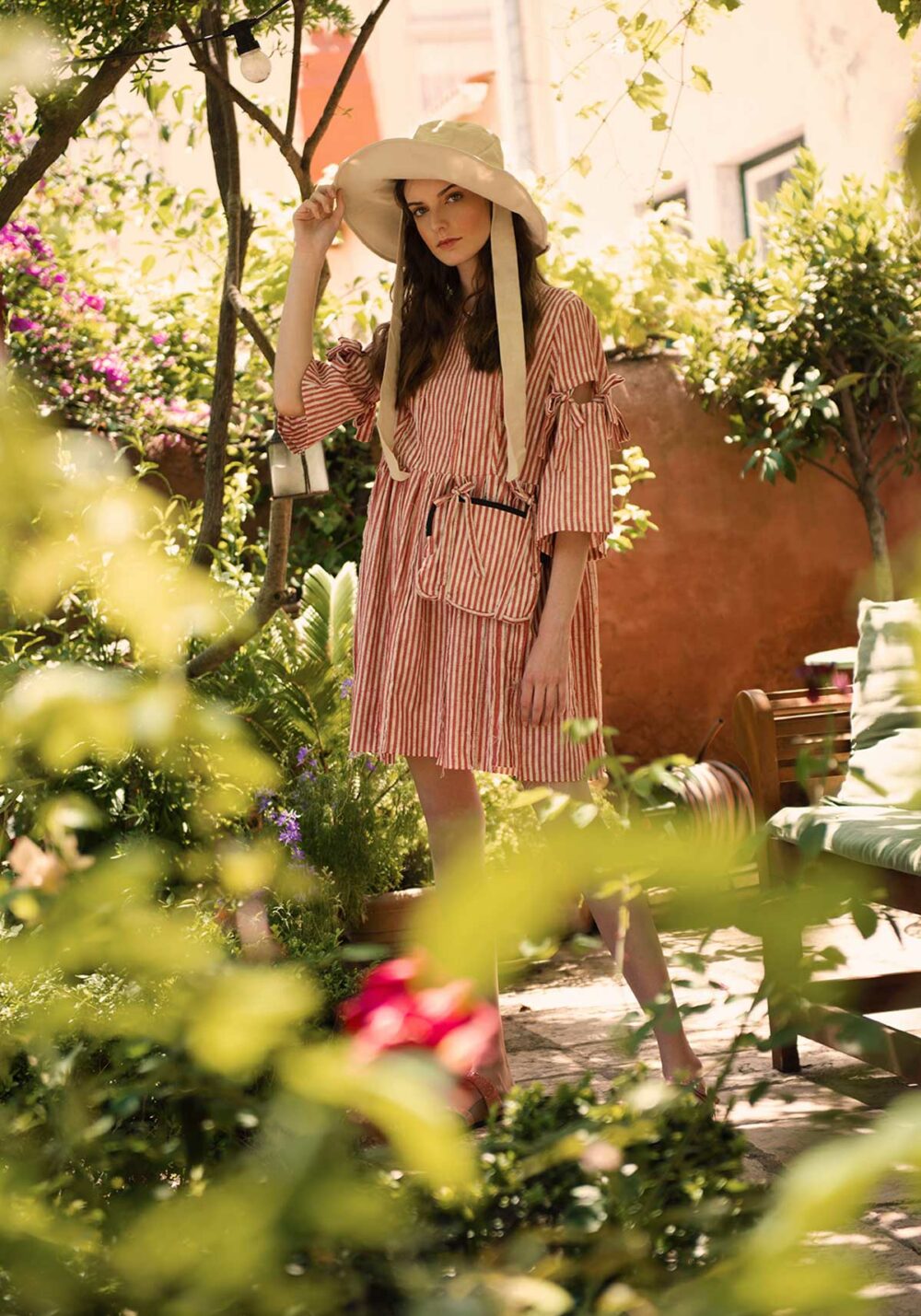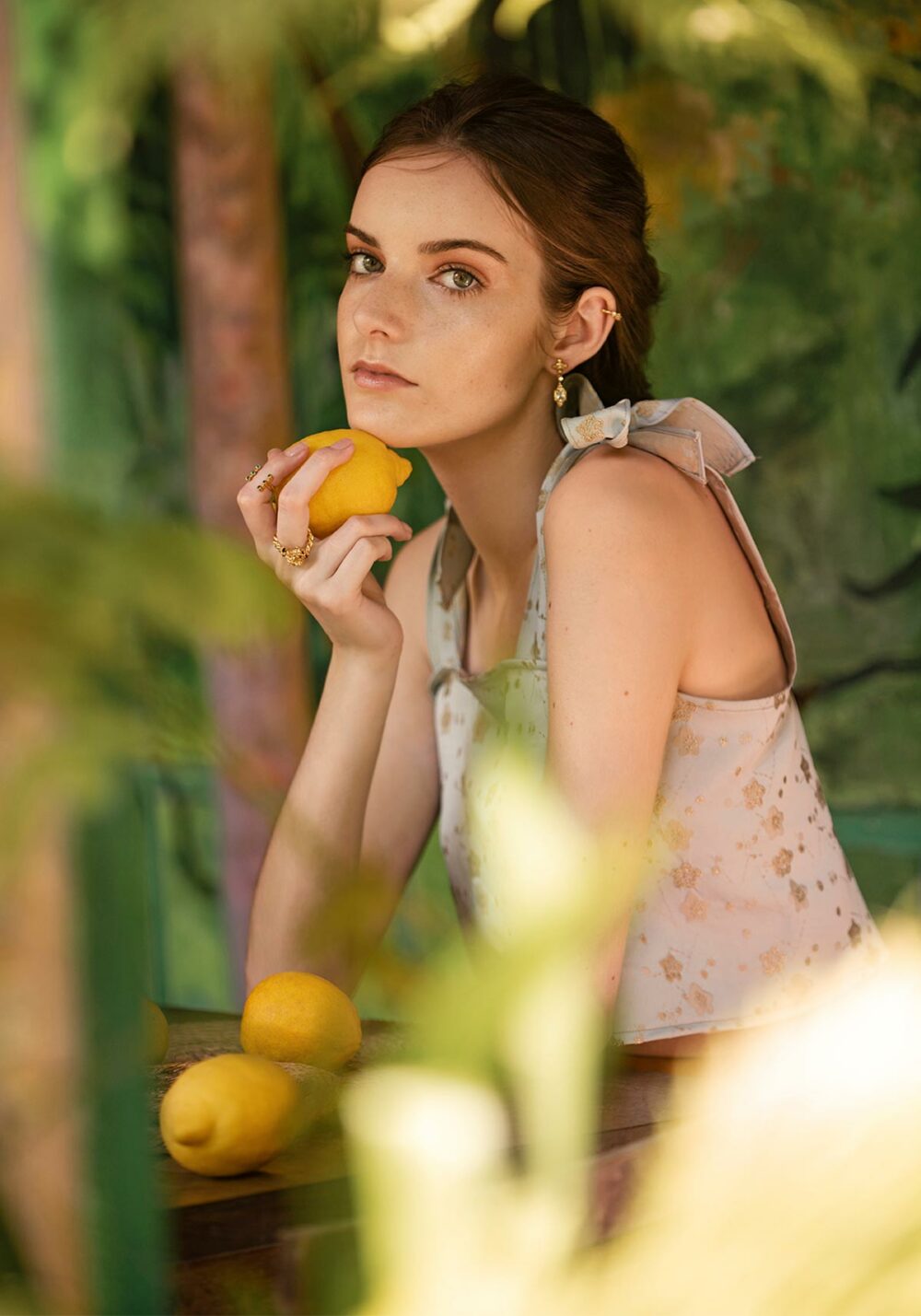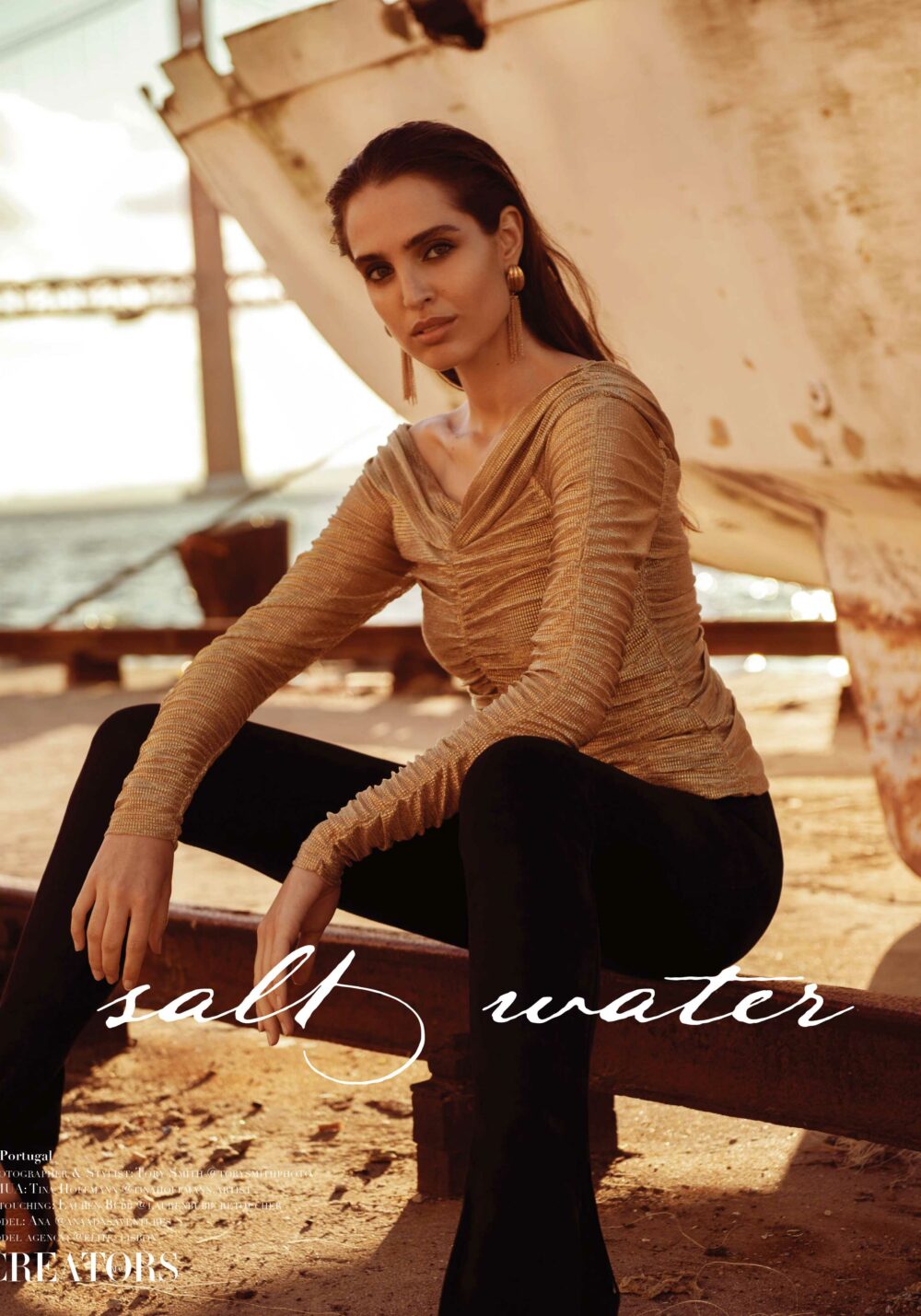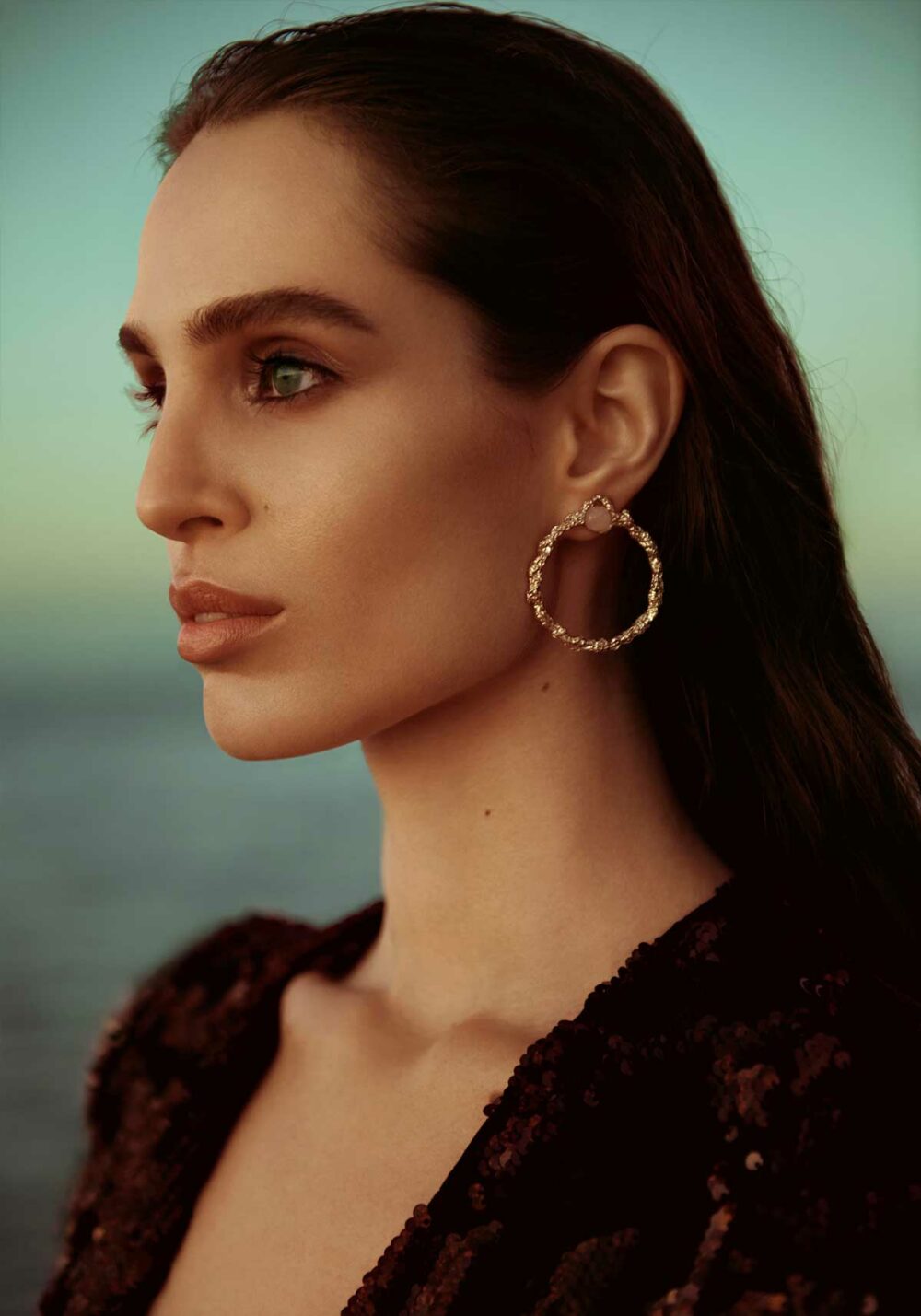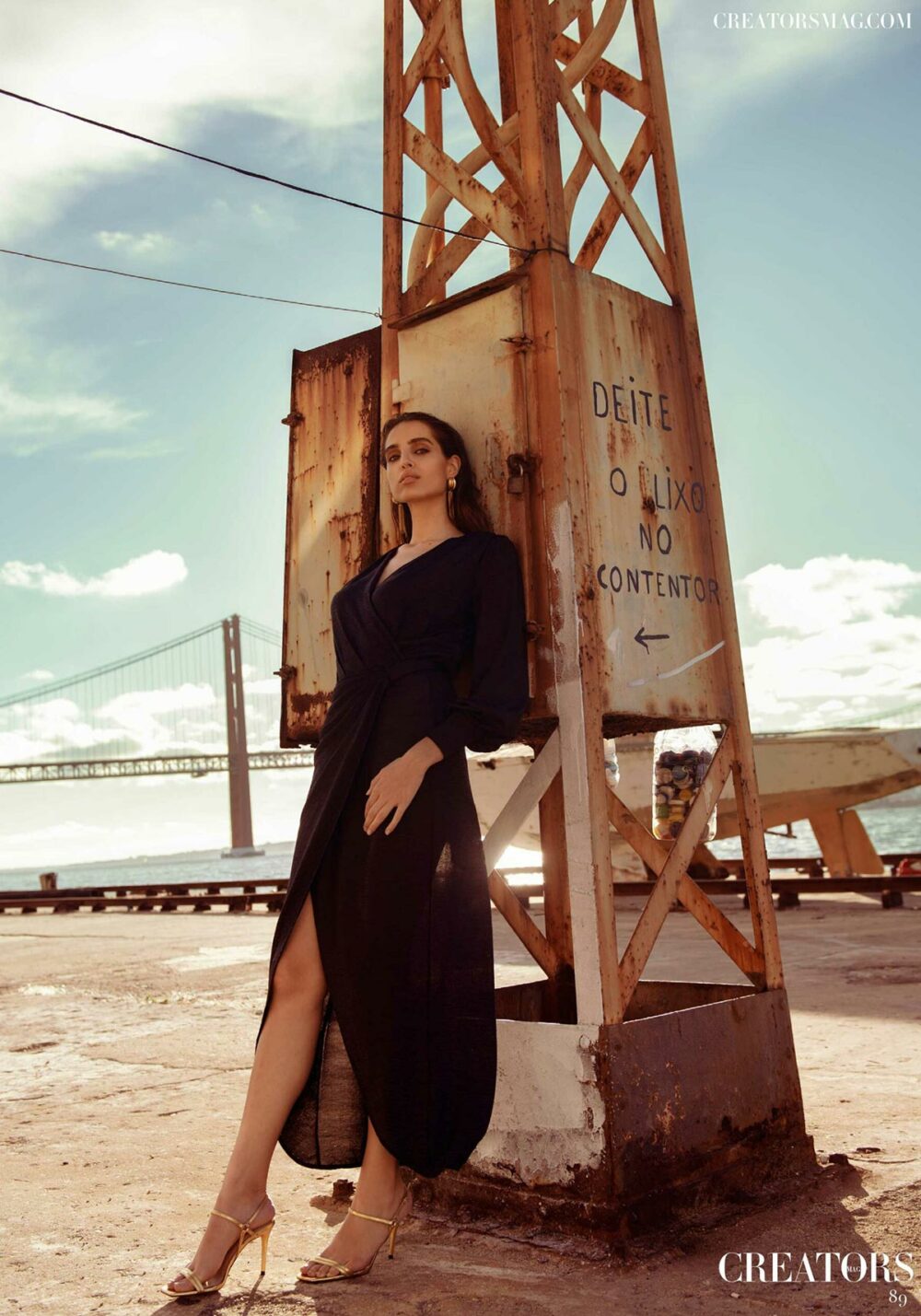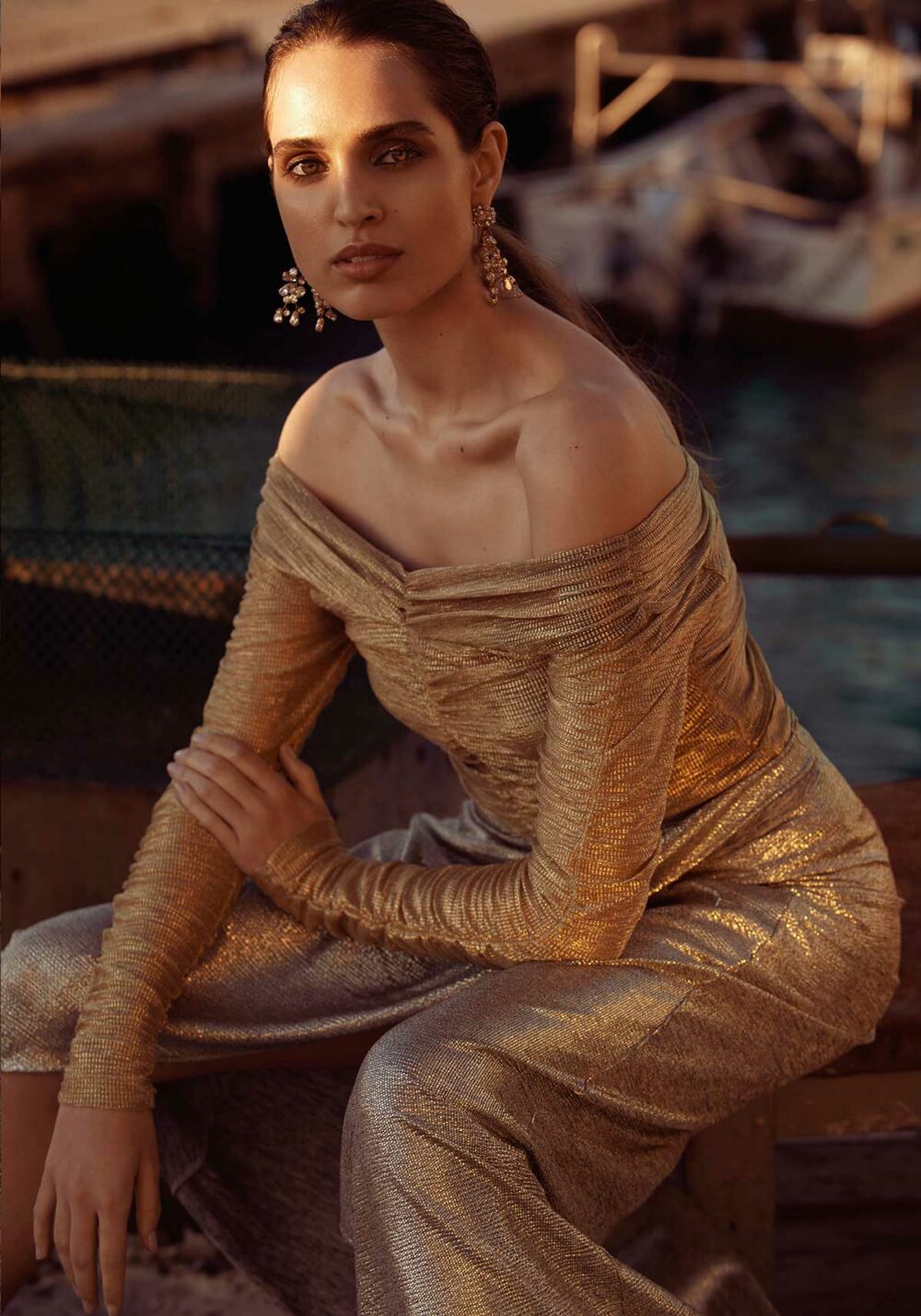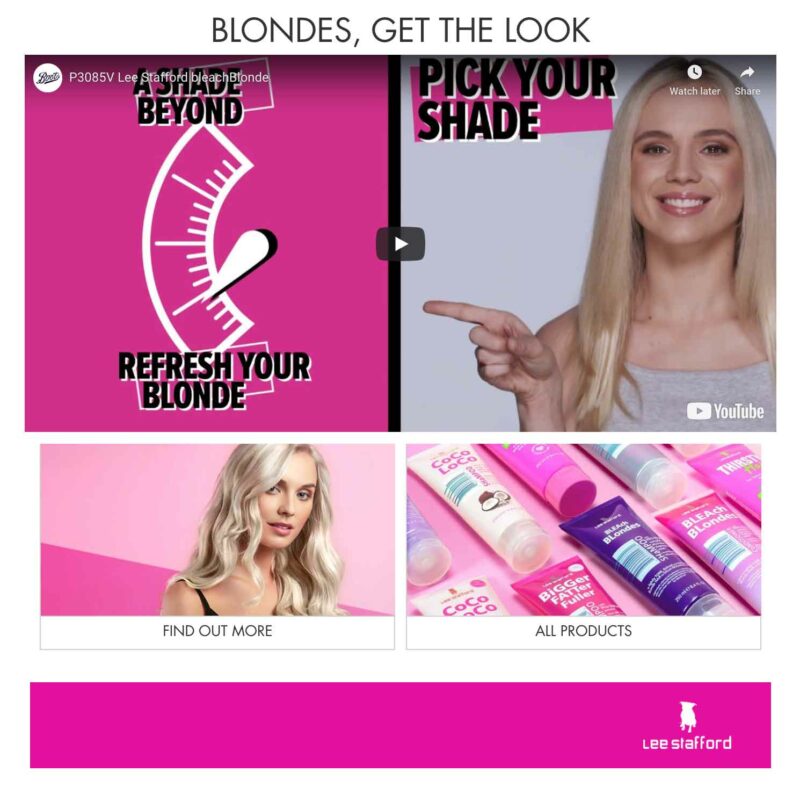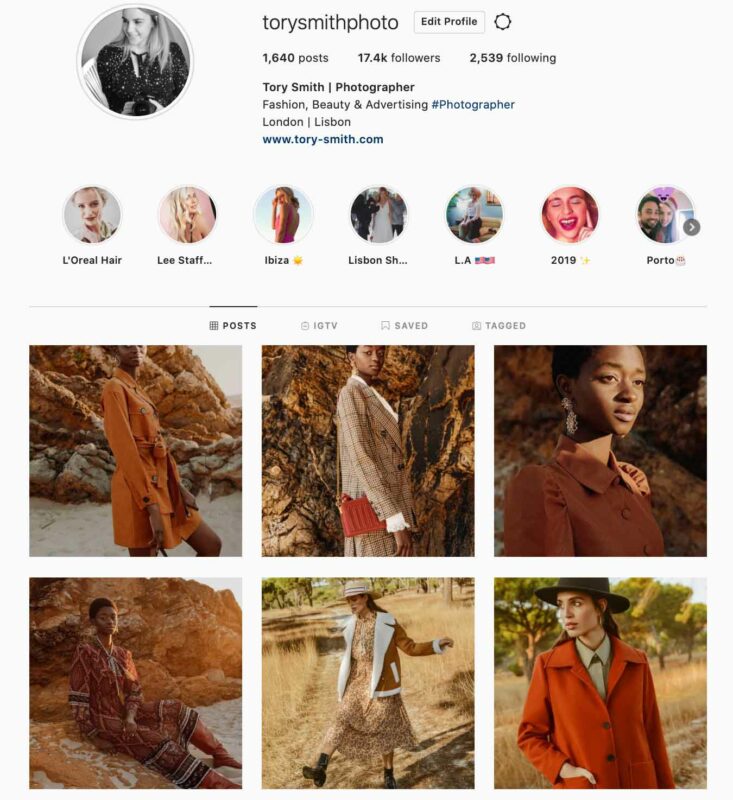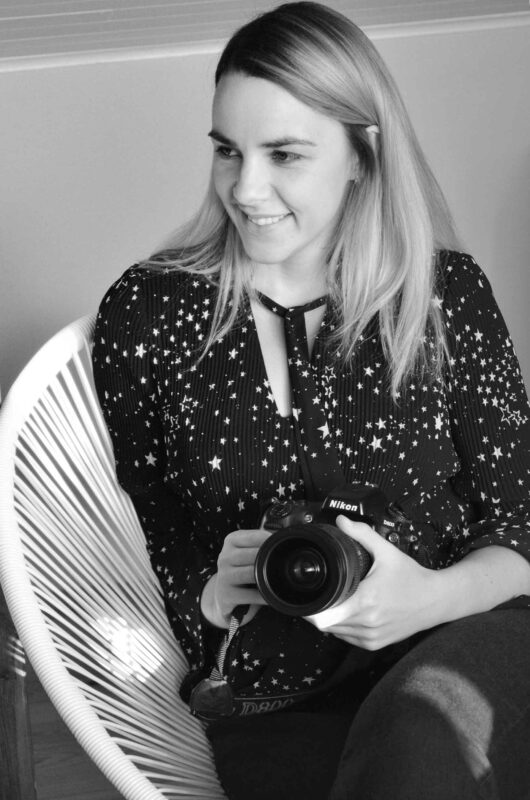I Answer the Top 5 Questions About Photography as a Profession on Quora
The burning questions that the people of Quora have about photography as a profession
For people outside the industry, the idea of photography as a profession is a rather mystical one. People I meet are often intrigued about how it actually all works and what makes a professional photographer in London different than a hobbyist on holiday. The subject often sparks debate and many questions. How was that shot created? How can I do that type of photography myself? Can you earn a living as a professional photographer?? So today I thought I would dip a toe in the opinion based wormhole that is Quora, and answer some of the top questions people have on photography as a profession, in hope that I can debunk a few myths and answer a few questions.
1. I have pursued photography as a hobby so far. I want photography as my profession. How should I start it?
We’re living in the age of the side-hustle. Even pre-pandemic people we’re getting to the end of the month and thinking, there must be something else I can do that will make me more money. Photography is one such hobby that is being turned into a hustle most recently as it is now more than ever, a vital way of marketing brands online that have no physical location. If you’re looking to get into photography as a profession you need to start off with the basics. What kind of professional photographer would you like to be? This is a vital question as it dictates every other choice you make. For example, a wildlife photographer in Africa would need wildly different equipment than a fashion photographer in London – longer lenses, different tripods, camo gear…?! You get the idea! Once you have decided on your path, then build a plan and a budget for your business. Be realistic and buy only the equipment that you need, at a quality level that you can afford. There are other costs that need to be considered when you decide on photography as a career, such as a website/portfolio, marketing, travel etc and if you blow all your money on the best camera money can buy straight away – then you’ll fall business-wise before you’ve even started
I recently brought a 200mm lens to join all wildlife photographers out there! I brought it to add depth to my images when shooting in a larger environment, whilst still keeping focus on the model. See results here:
Once you’ve got all of your kit, get out there and start shooting for your portfolio! If you’re a fashion photographer for example, find a group of like-minded people who also want to build up their portfolio and experience, and organise something together. Look for them on social media, forums or at networking events. Once you have a good amount of shoots completed and you’re happy with the results, create a website and begin to market yourself on social media while also pitching to prospective clients using your online portfolio as proof of how amazing you are! You may have to work for free for a while, but that’s all good experience. I go into more depth on this topic in my post on ‘how to get start a freelance photography career‘.
Here is a personal fashion editorial I created with my team! An idea I had for a while to capture over-the-top glam scenes within rugged fishing landscapes. This personal project has led to paid projects. I also say to photographers to always CREATE! You never know who is looking at your new work / ideas
Published in Creators Magazine:
2. Is photography a dying art?
Ouch! For me, photography as an art form and as a career is only growing, not dying. Technology has enabled anyone to pick up a camera and create a piece of art, while also enabling them to sell that art from their sofa. The flip side of this evolution in photography is that literally anyone can do it, but not everyone can excel in it. Not every amateur photographer has the eye, not every hobbyist has the passion to shoot in uncharted territory and not every professional photographer has the ambition to succeed in the long-term. It takes determination, skill and artistry in order to call photography your profession.
I said earlier that we are living in a digital age in which businesses rely heavily on photography to market their products and activity, the ongoing pandemic has only fuelled this thirst for quality images. Shots of oozing cheeseburgers created for a new local burger spot may not be deemed ‘fine art’, but there is certainly an art in making that food look irresistible to the viewer. So in that sense, art is all around us. It’s on the blogs we read, the advertising on public transport, the apps we order our lockdown dinners on – it’s everywhere, and as art it’s become normalised.
Here is an ad featuring my beauty photography shot for Lee Stafford (bottom left image). This campaign is to show you the advert usage – shot to used as campaign banners printed in-store and online for BOOTS UK:
3. What are the best cameras for beginners?
If you’re serious about photography as a profession then your best camera purchase would be a Digital SLR. They are larger and heavier than compact cameras, and they are the type of camera professional photographers mostly use.
Their design and function comes from film cameras. The higher-end models have a full-frame sensor and the lenses are interchangeable on DSLRs and these lenses range in quality. Most manufacturers produce a lenses line for amateur photographers, and then a much more expensive line aimed at professional photographers. A good example is the Canon’s L-series. DSLRs offer a wide variety of manual settings and creative controls but you can also take images in automatic mode, so don’t get scared by all the functions! The shutter speeds can reach much faster ranges than more basic types of cameras and have a better low-light capability than a compact, for example. The Canon EOS 4000D DSLR is a gorgeous example!
It’s important when you are learning photography to do your research first when buying a camera, and if possible talk to an expert. You don’t want to spend too little and realise your camera doesn’t have the functionality you need in order to learn, and vice versa you don’t want to spend a fortune on something that does too much! Find a camera that works for the type of photography you want to do and the budget you have. I go into more detail on the subject in my post on the types of cameras professionals use.
4. What Websites do photographers visit frequently?
My answer to this would be to two pronged; the websites that photographers visit for pleasure and the sites they visit for business. We’ll start with the fun stuff! If you have chosen photography as a profession then you’re probably a fan, it’s your passion and it’s something you like to read about when you’re not working. For me, I’m always learning and constantly inspired by fellow professional photographers past and present, so amazing photography doesn’t just fill my browser history, it fills my coffee table too!
If I’m looking to catch up on the latest news in photography, then my first stop would be Fstoppers. Both of these sites allow you to submit your work, but for me, they are purely informative stories on new equipment, amazing work from around the world and stories about other famous photographers.
When it comes to business, my browsing history is usually related to marketing. The average day of a professional photographer in London is not always filled with shooting, most frequently my days are spent marketing myself in order to get the next job. Be that either by connecting with people via Linkedin, sharing my work on Instagram or uploading fresh content to my profiles on Behance or CherryDeck.
Keeping my instagram page consistant is super important. I now try and showcase my work in sets of 3 of 6 so clients can see my use of story throughout each shoot, see below:
5. What are the best online resources for learning photography as a profession?
The information superhighway (as your dad probably still calls it) has become invaluable for anyone looking to learn a new skill. A lot of the time information is given away for free and available instantly, which certainly beats shuffling down to your local library! Online resources have certainly helped me to learn lots of different aspects of photography as a profession while also serving as a great guide for marketing, travelling and you know, life stuff!
Geoff Lawrence is a true expert in photography, and he has been sharing his tips on how to get started for years now via his website. I’ll warn you, don’t be put off by the site’s old school design, the information is solid, and he covers the basics right through to a more advanced level – and it’s free! If you’re looking for more of an overall, structured course, then I would recommend Udemy. Their paid courses are taught by experienced professionals not just in photography, but in everything, from music production to personal development to software production and marketing. The beginners masterclass on Udemy is a great place to start as it begins with how to take a photo, right through to how to sell that photo!
There are also countless channels on YouTube that are dedicated to teaching the basics of photography, perfect if you want something visual that you can dip in and out of, for free. B&H Photo & Video is an amazing resource for amateur photographers, as it gives bite sized pieces of info on a wide range of subjects in a very informal, non-scary way. Their editing tips in particular are invaluable! If you’re looking for advice not just on photography, but on equipment too, then SLR Lounge is perfect for you. They have lots of tutorials that guide you through specific types of shot styles and also reviews/comparisons on the latest lenses and cameras.
I hope this has helped you to understand photography as a profession better and if you have any other questions feel free to pop me an email!

